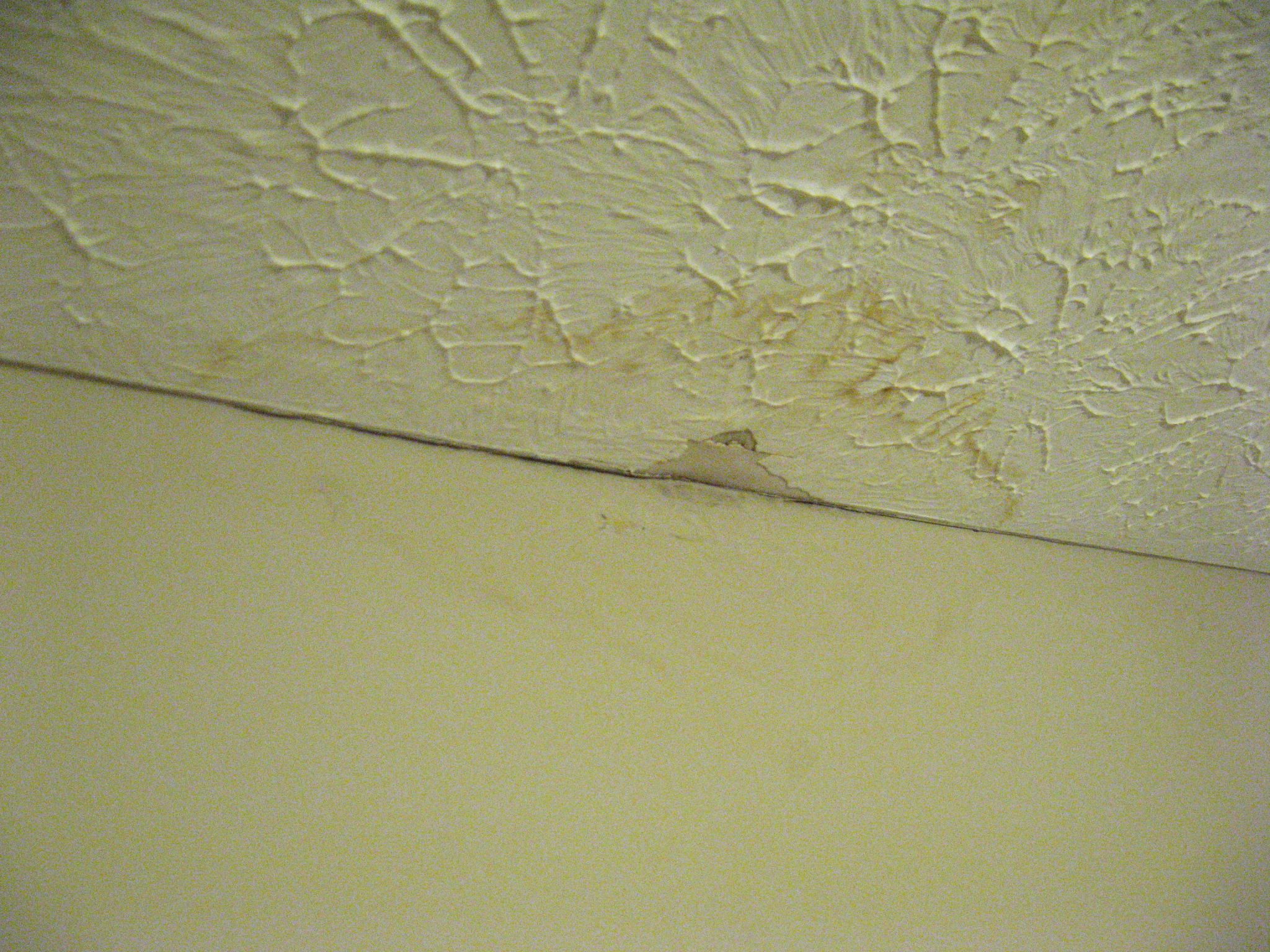Reveal the Most Frequent Causes of Leakage Inside The Home
Reveal the Most Frequent Causes of Leakage Inside The Home
Blog Article
This post below involving How to detect water leaks in your home is quite fascinating. Don't miss out on it.

Leakages not only cause waste of water however can additionally create unnecessary damage to your house as well as advertise undesirable natural development. By looking and understanding for daily circumstances that trigger leaks, you can safeguard your house from future leaks and unnecessary damages.
Elbowing in origins
The majority of water leakages start outside the house rather than inside it. If you notice an abrupt reduction in water pressure, say in your faucet, take some time to go out as well as examine your lawn. You might see damp patches or sinkholes in your lawn, which may suggest that tree roots are getting into water lines triggering water to leak out. You can have your plumber look for breach, specifically if you have trees or bushes near your residential property.
Rusty water supply
As time passes by, your plumbing system ages and rust such as rust may start eating away the pipes. This may be the root cause of discoloration or bending on your pipes. This requires an evaluation with your plumber right away. Think about replacing the pipelines given that they are at a higher risk of rust than the newer versions if our plumbing system is old.
Faulty Pipeline Joints
Pipe joints can deteriorate over time, resulting in water leaks. If you have loud pipes that make ticking or banging sounds, especially when the warm water is turned on, your pipeline joints are probably under a whole lot of pressure.
Immediate temperature modifications.
Severe temperature changes in our pipes can trigger them to increase as well as contract suddenly. This development and contraction might cause splits in the pipelines, especially if the temperature are below freezing. If you maintained an eye on how your plumbing works, it would certainly be best. The presence of the previously pointed out situations often shows a high threat.
Poor Water Connectors
Sometimes, a leakage can be caused by loosened tubes as well as pipes that provide your appliances. Most of the time, shifting is what triggers the loose water Links. You might discover in the case of a washing equipment, a hose might spring a leakage due to drinking throughout the spin cycle. In case of a water links leak, you may discover water running straight from the supply line or puddles around your appliances.
Obstructed Drains
Clogged drains may be bothersome and also inconveniencing, yet they can sometimes end up triggering an overflow bring about break pipelines. Keep eliminating any kind of materials that might go down your drains that can block them to prevent such inconveniences.
All the above are reasons for leakages yet not all water leakages arise from plumbing leaks; some leakages could originate from roof leakages. All leakages ought to be fixed instantly to avoid water damages.
Leaks not only trigger waste of water yet can also create unnecessary damages to your house as well as advertise unwanted natural development. By looking and comprehending for day-to-day situations that trigger leakages, you can safeguard your house from future leakages and also unneeded damage. Today, we will look at six leak triggers that might be creating your pipes to drip.
At times, a leak can be triggered by loose hose pipes as well as pipes that supply your home appliances. In situation of a water connections leak, you may notice water running directly from the supply line or pools around your devices.
How To Check For Water Leak In Your Home
How To Check for Leaks
The average household's leaks can account for nearly 10,000 gallons of water wasted every year and ten percent of homes have leaks that waste 90 gallons or more per day. Common types of leaks found in the home are worn toilet flappers, dripping faucets, and other leaking valves. These types of leaks are often easy to fix, requiring only a few tools and hardware that can pay for themselves in water savings. Fixing easily corrected household water leaks can save homeowners about 10 percent on their water bills.
To check for leaks in your home, you first need to determine whether you're wasting water and then identify the source of the leak. Here are some tips for finding leaks:
Take a look at your water usage during a colder month, such as January or February. If a family of four exceeds 12,000 gallons per month, there are serious leaks.
Check your water meter before and after a two-hour period when no water is being used. If the meter changes at all, you probably have a leak.
Identify toilet leaks by placing a drop of food coloring in the toilet tank. If any color shows up in the bowl after 10 minutes, you have a leak. (Be sure to flush immediately after the experiment to avoid staining the tank.)
Examine faucet gaskets and pipe fittings for any water on the outside of the pipe to check for surface leaks.
Undetected water leaks can happen without the home or business owner even realizing. If you suspect a water leak, but not able to find the source. It is time to contact a professional water leak detection service, The Leak Doctor.
How To Find a Water Leak In Your Home
https://www.leakdoctor.com/blog/How-To-Check-For-Water-Leak-In-Your-Home_AE197.html

We had been shown that editorial on Common Water Leaks In House from a good friend on another website. Enjoyed reading our entry? Please share it. Let others check it out. Thank you for your time. Kindly come by our site back soon.
Trusted service? Dial! Report this page